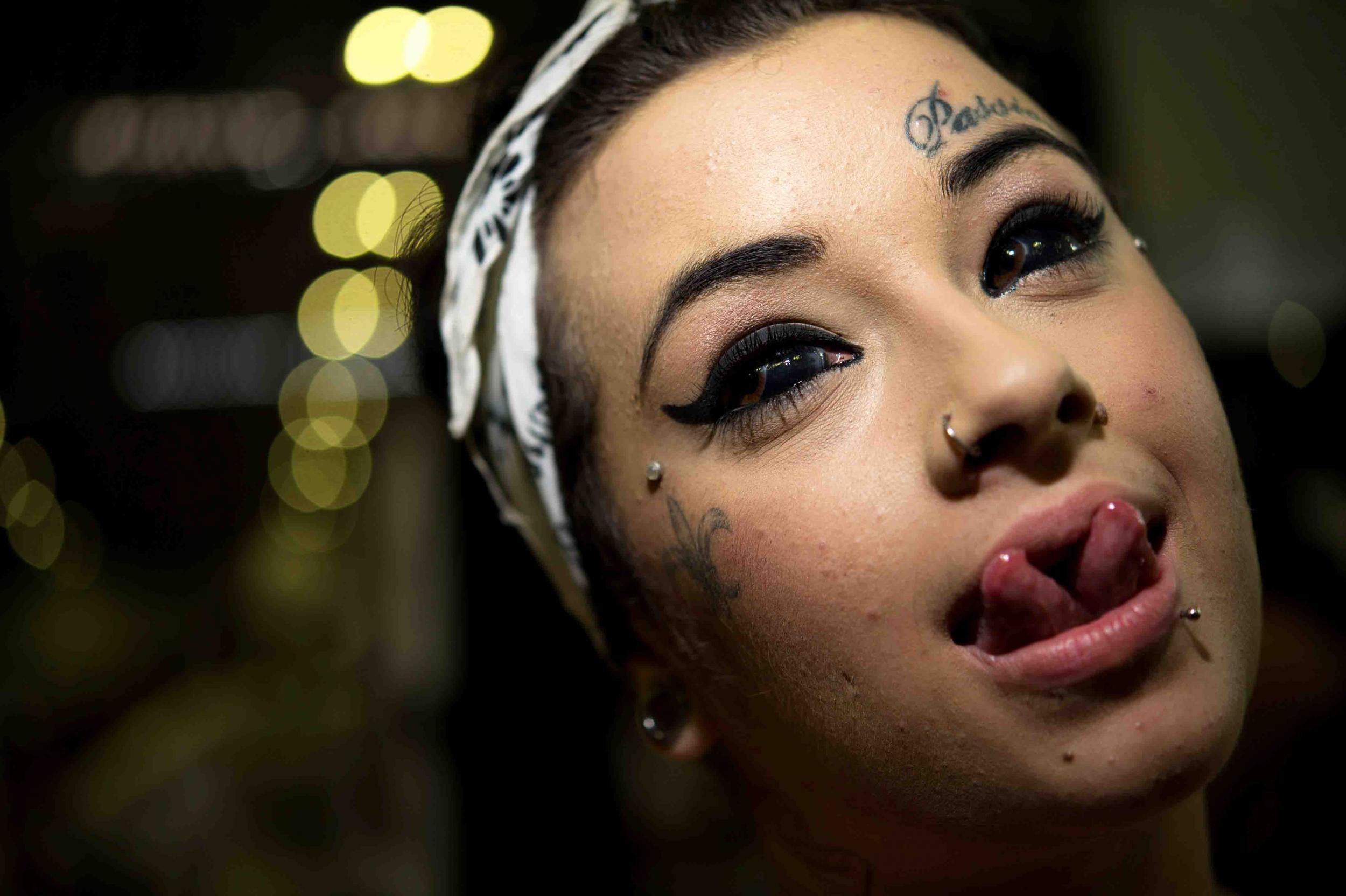Tongue splitting: What is it and what are the health risks?
The procedure involves getting your tongue split create a snake-like effect

Now that tattoos and piercings have become ubiquitous, people are seeking out aesthetic satisfaction with more dramatic forms of body art from ear reshaping to implants and even corneal tattooing.
However, one of the most popular forms of body modification – tongue splitting – has recently come under fire from a number of medical bodies that are concerned about the health risks involved.
The Faculty of Dental Surgery (FDS), RCS and the British Association of Plastic Reconstructive and Aesthetic Surgeons (Bapras) have issued a statement condemning tongue splitting.
“We strongly advise people against undergoing a tongue-splitting procedure, and to be aware that in England and Wales body modification practitioners who offer this service are likely to be acting illegally as the law currently stands," the joint statement says.
So, what exactly is tongue splitting, how does it work and what are the risks associated with having it done?
What is it?
A type of cosmetic surgery that’s popular among body modification enthusiasts – people who make deliberate changes to their anatomy or appearance – tongue splitting involves getting your tongue sliced in two to create a snake-like, forked effect.
How does it work?
Tongue splitting is typically performed by a cosmetic surgeon or body modification practitioner and can be achieved using a number of different methods.
The most common procedure involves using a scalpel to cut down the middle of the tongue and then stitching the open wounds, while others prefer to cauterise the tongue using a laser.
Phuket Vegetarian (and facial piercing) Festival
Show all 10Is it legal in the UK?
In March this year, the Court of Appeal found tongue splitting to be illegal when performed by a body modification practitioner for cosmetic purposes – a ruling which applies to England and Wales.
However, the Royal College of Surgeons of England and the British Association of Plastic Reconstructive and Aesthetic Surgeons (BAPRAS) have said that across the rest of the UK its legal status was more unclear.
Selina Master of the Faculty of Dental Surgery (FDS) said there is an “urgent need” for the law to be strengthened and enforced across the UK.
What are the risks?
According to Master, the procedure comes with a risk of significant blood loss, infection and nerve damage as well as problems being able to breathe or swallow.
“We would strongly advise people not to have oral piercings or tongue splits,” says Masters.
”However, if they do, it is crucial they see their dentist on a regular basis so that the impact on their oral health can be closely monitored.
“Never try to carry out one of these procedures on yourself, or others.”
Subscribe to Independent Premium to bookmark this article
Want to bookmark your favourite articles and stories to read or reference later? Start your Independent Premium subscription today.

Join our commenting forum
Join thought-provoking conversations, follow other Independent readers and see their replies